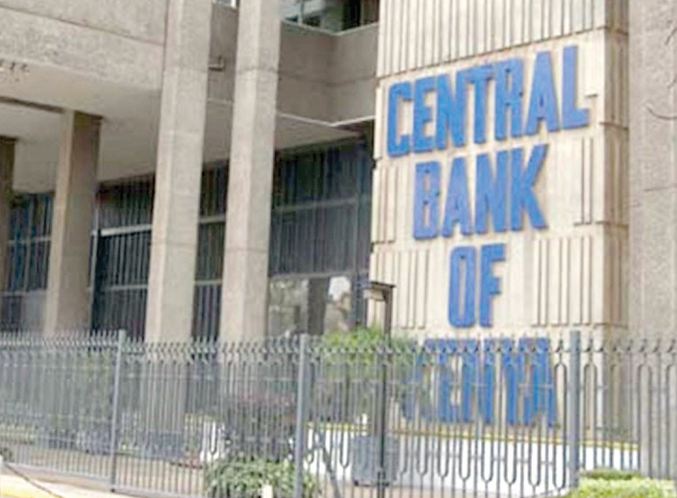Tight cybersecurity calls for everyone to play their part

Gopher Ogembo
In this 21st Century, the Internet has simplified our lives, resulting to the Internet of Things, where various objects have been interlinked, enabling them to send and receive data. This has enabled us to accomplish the hardest of tasks.
We have been able to interlink most of the devices we are using be it in our homes or in the offices such as fridge, mobile devices, TV, lights, doors or security systems.
Internet has also played a big role in telemedicine, we are now able to make equipment’s which have aided in treatment of individuals thus improving quality of life.
The realisation of driverless cars is also coming into the fray with individuals in developed world not having to be at the steering wheel to determine the direction and motion of the car to their destination.
This has led us to live in a world that we can only envision in tech or sci-fi movies that we are not accustomed to.
Closer home, our phones have been our perfect personal assistants, including reminders for events and schedulers for meetings.
We can also order food and drinks by voice assistants which use natural language speech recognition.
All this sophistication has enabled us to request for tasks to be fulfilled at our convenience and made lives easier.
Our phones have also come in handy in banking. With Kenya being a respected hub for mobile and banking innovation, we are downloading banking apps and operating them from the comfort of our homes and offices.
Phones have also come in handy by negating the need to print hard copies of photos. They have also given a rise to the selfie culture.
The need to remind or document ourselves in where we once visited. By simply storing images, audio and video from past in the cloud, we can access this at the click of a button.
With all this sophistication of life, we are forced to come up with solutions on how we can protect what we hold dear. This brings into context the issue of cybersecurity.
Kasperky defines cybersecurity or information security as the practice of defending computers, servers, mobile devices, electronic systems, networks and data from malicious attacks.
Hackers have been known to create reputable damage to organisation and companies across the globe.
The Covid pandemic has also not improved the situation, with people working from home which has led to an increase of cyber-attacks.
This rise of hackers who can locate and access our data and mess with our phones and information is very critical.
In addition, by linking phones to the mobile apps, the hackers can access our accounts and cause some bit of damage to our finances.
As we celebrate the cyber security month, October, under the theme Do Your Part that is helping to empower individuals and organisations to own their role in protecting their part of cyberspace, we ought to enlighten everyone on their crucial part of not being the weakest link.
A study by IBM states that at least 95 per cent of cybersecurity breaches are due to human error.
This can simply be avoided by enlightening individuals through trainings so that they can reduce the opportunities for error.
This goes by simple mechanism as not clicking on links we are unsure of, not logging in in public Wi-Fi zones, installing phone updates, use of security passwords, being critical of emails being shared with us and not leaving mobile gadgets unattended.
By applying these simple steps, we will maintain the security of our devices, data and sanity.
Mobile phone companies have also gone a notch higher to ensure security of the devices.
For example, Nokia has improved security features, as well as security updates for two years meant to protect consumers ensuring their data is safe.
Cybersecurity education is critical for all individuals regardless of age. It forms the basis of the changing interconnected world in which we are to adapt and learn for the safety of our data and information.— The writer is the Senior Business Manager – East Africa – HMD Global











